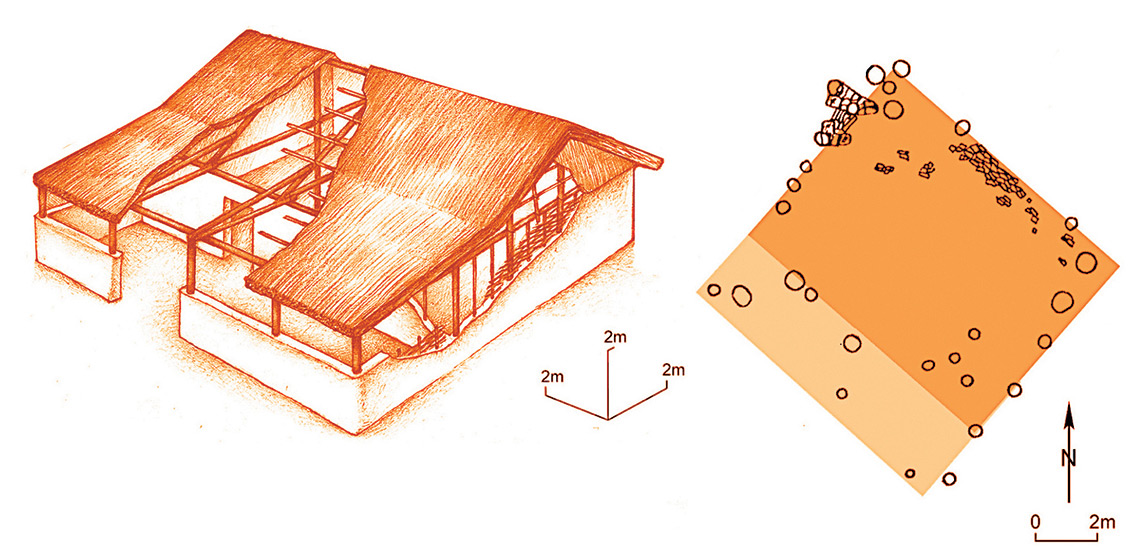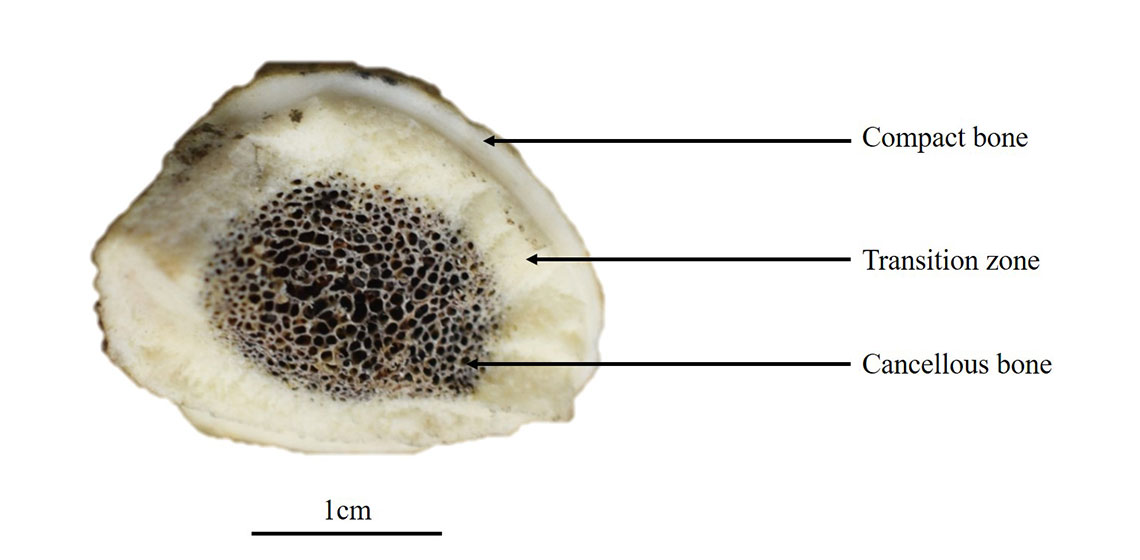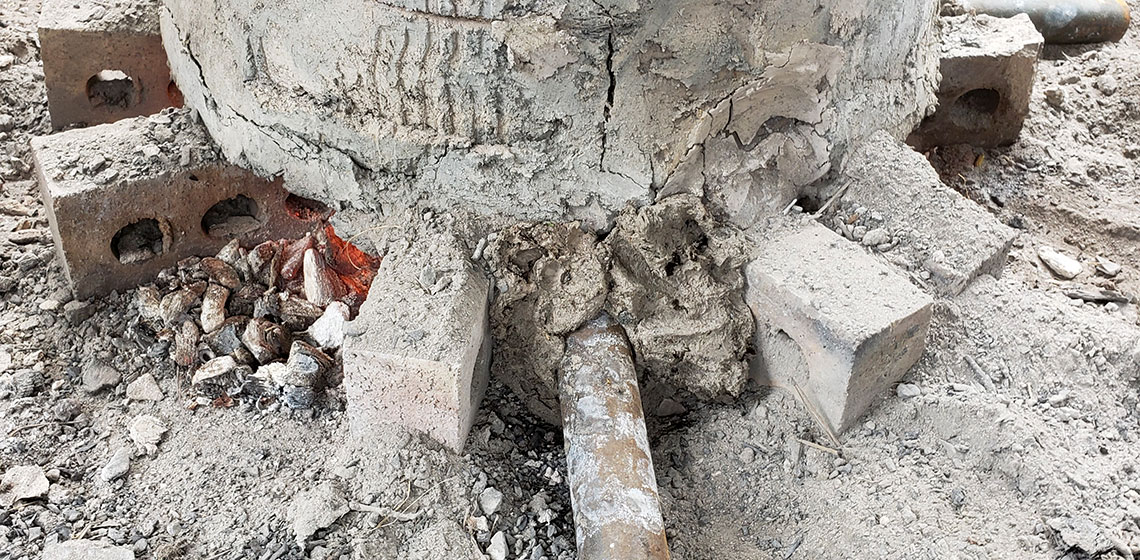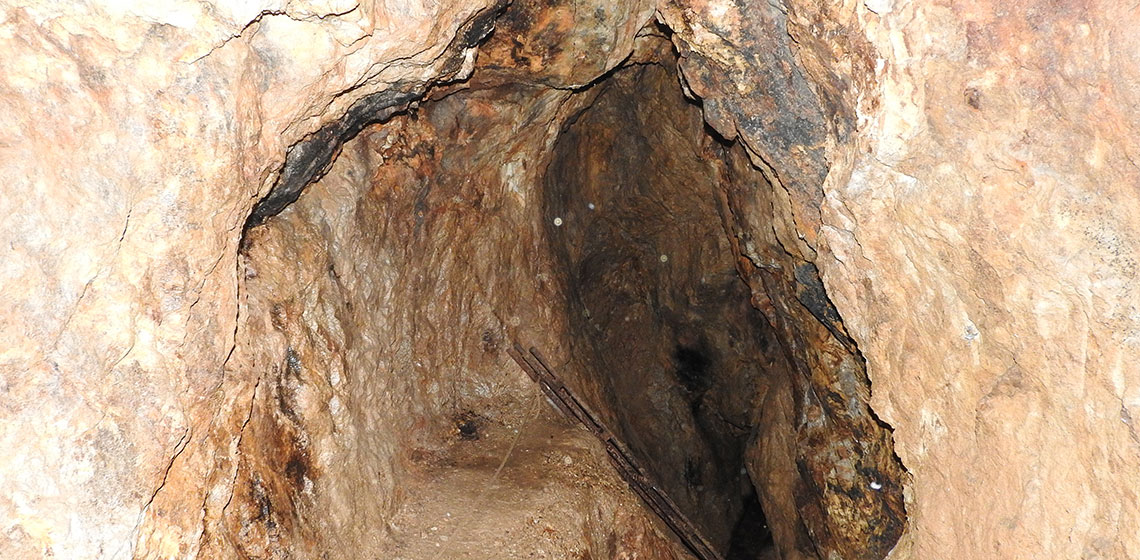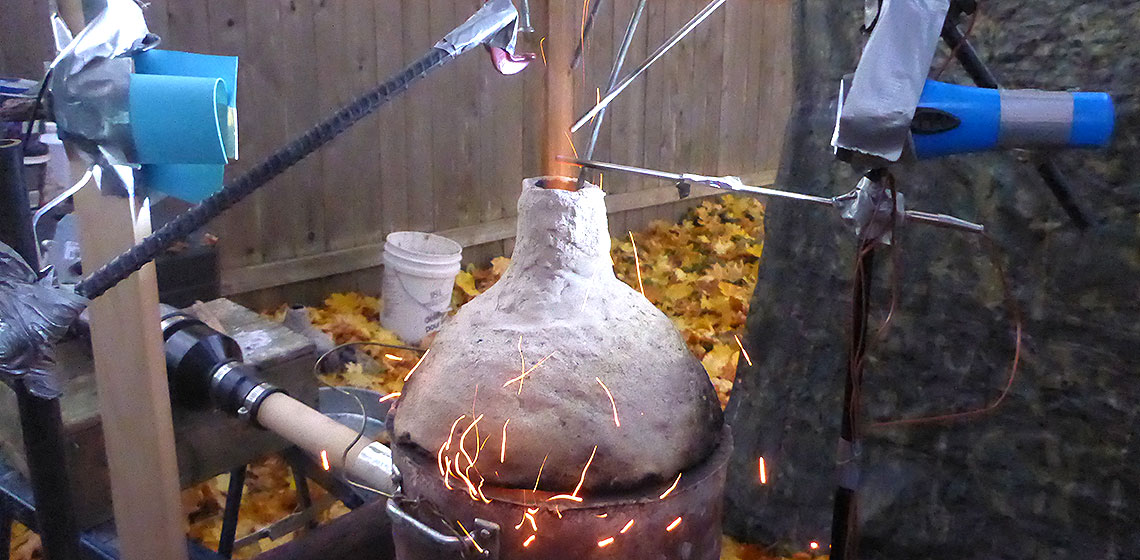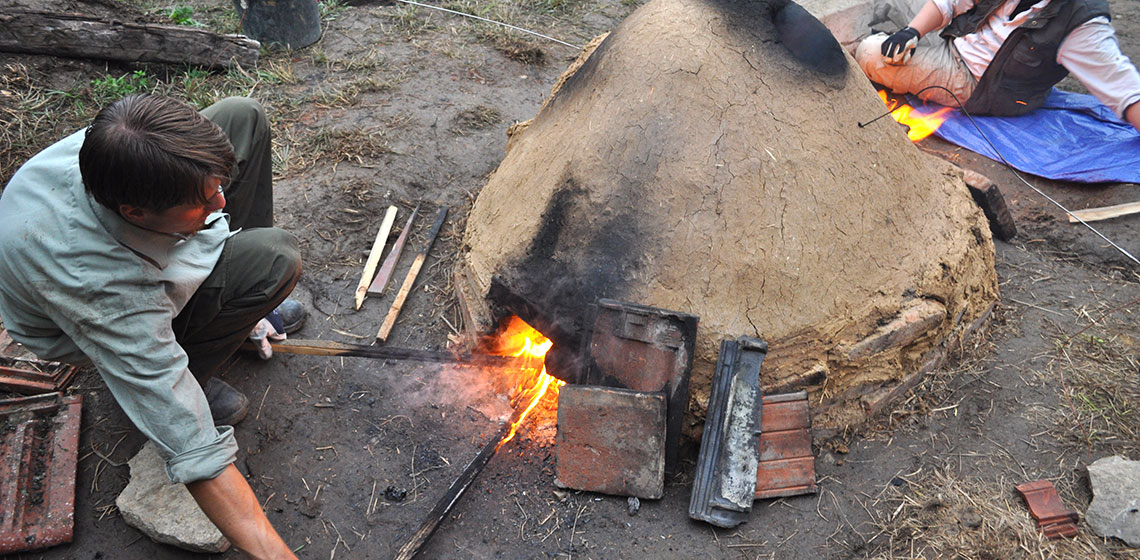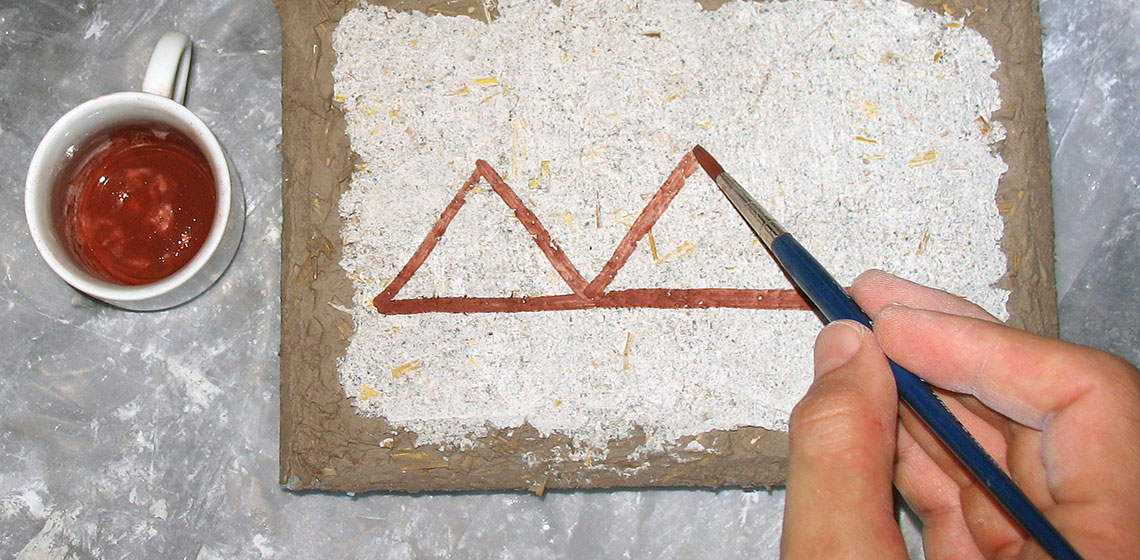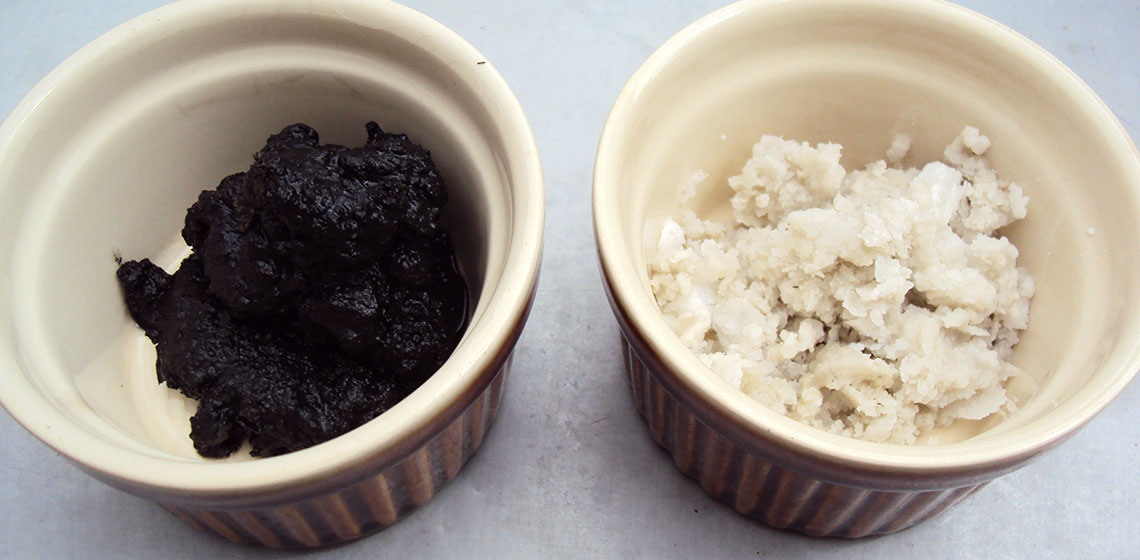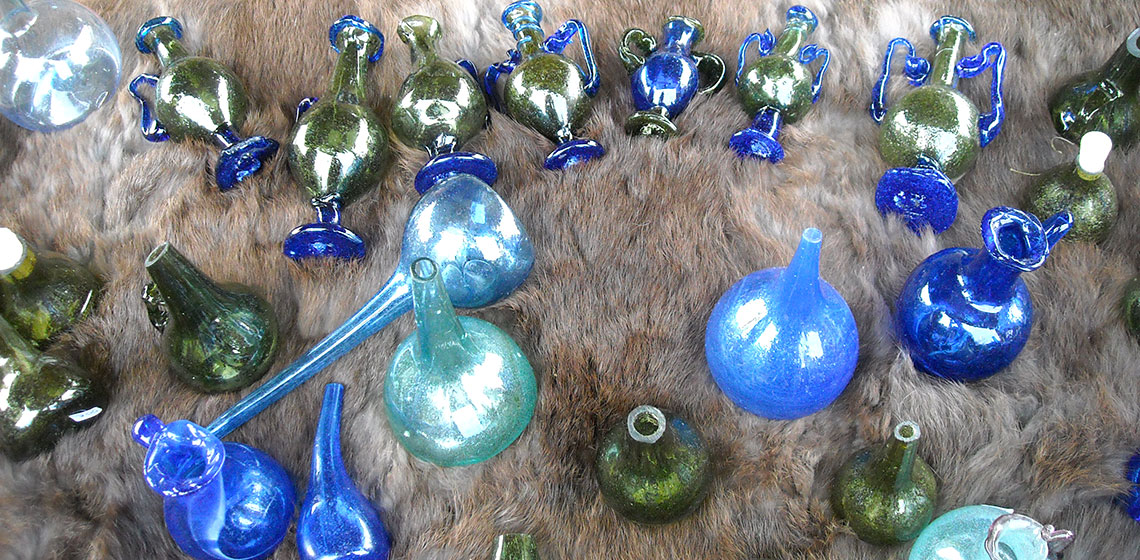experiment
Experimental Research on the Setting up and Exploitation of the Human Prehistoric Habitat in the Middle Dniester Region
Publication Date
The research of archaeological monuments in the Middle Dniester basin over the last two decades has highlighted a series of new data on the evolution of human communities during the first Iron Age (8th to 10th centuries BC), demonstrating the advanced level and original character of Cozia-Saharna communities (Каshuba, 2000; Niculiţă and Nicic, 2002; Niculiţă, et al., 2003; Niculiţă and Nicic, 2007; Niculiţă, Zanoci and Arnăut, 2007; Zanoci and Băţ, 2007; Kašuba, 2008, p.40; Niculiţă and Nicic, 2008; Niculiţă, et al., 2008).
Have you got the tine? Prehistoric Methods in Antler Working
Publication Date
Antler working was prevalent throughout prehistory, with a breadth of intricately detailed and technologically complex antler artefacts observed within the archaeological record. In particular, during the Palaeolithic, Mesolithic, and Neolithic, antler working with flint tools would have been a time-consuming process. While the chaîne opératoire of producing certain antler artefacts has previously been explored...
The Mother of All Bead Furnaces: Testing a Hypothesis about a Natural Draft Bead Furnace
Publication Date
As a part of the ongoing exploration of Viking Era glass bead production, the Dark Ages Re-creation Company (DARC) team perform new pilot experiments on a regular basis. These experiments provide a preliminary understanding of a specific construct or research question, allowing us to judge the validity of further experiments, as well as what equipment or additional questions may be necessary as a part of...
The Variation of Elastic Modulus and Changes of Structures and Mineral Phases in Rocks as Parameters for the Identification of Fire-Setting in Ancient Mines
Publication Date
The article is focused on the creation of a protocol for the analytical characterization of fire-setting in different types of rock. A set of experiments of heating and cooling have been carried out on different kind of rocks under various conditions and durations in order to record changes in the structures and composition of the samples. This study was set to support the solution of issues in the case of...
Kicking Ash, Viking Glass Bead Making
Publication Date
10th EAC Leiden 2017
***Tens of thousands (Callmer, 1977, pp.12-32) of beads marking the rich graves of the Viking world indicate that the production of these beads is an area worthy of study. Evidence such as mandrels, crucibles, bead fragments, and semi-manufactures exist at Helgo, Birka, Paviken, Hedeby (Lundström, 1976, p.3), Kaupang (Gaut, 2011, p.232), Frojel (Carlsson, 2011), Åhus (Callmer, 2001, p.138), and Ribe (Sode, 2004, p.86). At Ribe...
***Tens of thousands (Callmer, 1977, pp.12-32) of beads marking the rich graves of the Viking world indicate that the production of these beads is an area worthy of study. Evidence such as mandrels, crucibles, bead fragments, and semi-manufactures exist at Helgo, Birka, Paviken, Hedeby (Lundström, 1976, p.3), Kaupang (Gaut, 2011, p.232), Frojel (Carlsson, 2011), Åhus (Callmer, 2001, p.138), and Ribe (Sode, 2004, p.86). At Ribe...
Sherd Shatter Patterns Experiment
Publication Date
In field archaeology, the importance of non-diagnostic sherds is often overlooked. This archaeological experiment suggests that archaeologists should take into greater consideration, contexts where sherds are found grouped together in close proximity. The authors tested a series of experimental drops of modern pots...
Experimental Production of High and Late Medieval Pottery at the Scientific Research Centre in Panská Lhota
Publication Date
Experimental pottery production at the scientific research centre of the Institute of Archaeology and Museology at the Masaryk University Faculty of Arts (from here on ÚAM) in Panská Lhota began in the summer of 2012. The primary target of the experimental pottery production was an attempt to understand the manufacturing process...
Painting Bronze Age Plaster from Thebes Boeotia
Publication Date
A series of experiments were conducted to study an unusual mortar mixture identified by Brysbaert (2008a) in plaster fragments found in Thebes, Boeotia (Her study of the samples mentioned in the article included investigation by X-ray diffraction, stereo, reflected light and scanning electron microscopy, laser-induced breakdown spectrometry, micro-Raman spectroscopy and macroscopic study.)...
The Role of Saltmarsh Plants in Iron Age and Roman Salt Production in the Thames Estuary, UK
Publication Date
Analysis of plant remains and soils collected during excavations of the Iron Age and Roman Period salt production site at Stanford Wharf Nature Reserve on the coast of Essex have shown that saltmarsh plants and adhering sediments had been used as fuel to evaporate brine and crystallise the sea salt.
Problems and Suggested Solutions in the Replication and Operation of a Glass Furnace based on Roman Remains: an Experiment in Glass Production
Publication Date
Part of the reorganisation of the archaeological open-air area at Asparn are plans for a remaking of the Iron Age workshop area. The construction of an Iron Age smithy and a glass production furnace are also being planned. As is widely known ‘glass can be made out of quartz sand, potash and lime’. But is it as easy as that? It is therefore legitimate to discuss here the experimental efforts involved in its production.

